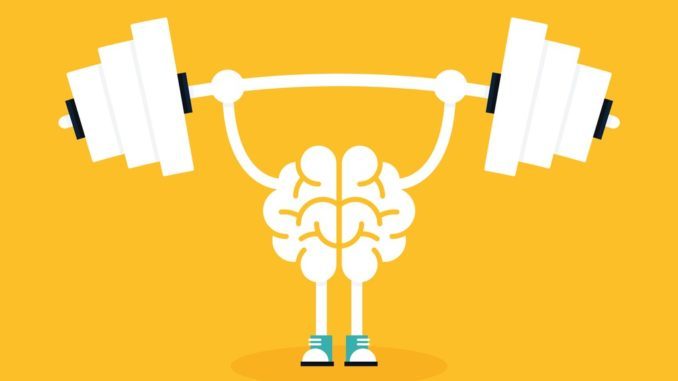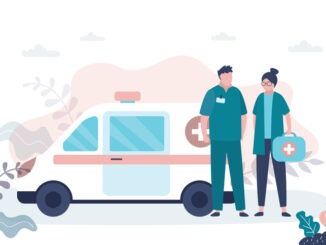
Different staff in the practice need different levels and types of training – so who needs what?
Safeguarding vulnerable children
Who should do it?
All staff who, within their role, have contact (however small) with children and young people, parents/carers or adults who may pose a risk to children are recommended to have Level 2 competency.
GPs and practice nurses (including nurse practitioners) are recommended to have level 3 competency.
How it should be completed
Face to face or e-learning.
Safeguarding vulnerable adults
Who should do it?
All staff. Reception staff are recommended to hold level 1 competency, practice nurses and healthcare assistants level 2 and GPs level 3.
How it should be completed
The CQC advise face to face training. Alternatively, you could complete an e-learning module.
Mental capacity act and deprivation of liberty safeguards
Who should do it?
All clinical staff.
How it should be completed
In the case of the mental capacity, inspectors will need evidence that staff have been trained, but more importantly that they understand how the Mental Capacity Act 2005 and deprivation of liberty safeguards impacts general practice.
Basic life support
Who should do it?
All staff, including non-clinical, should undergo regular training in adult and child resuscitation appropriate to their position.
How and when it should be completed
Face to face training. Clinical staff should have annual updates but this is not mandatory.
Infection control
Who should do it?
Clinical staff and all relevant staff whose normal duties are directly or indirectly concerned with providing care.
How it should be completed
Face to face or e-learning.
Fire safety
Who should do it?
All staff should complete fire safety training and be given instructions and information as soon as possible after they are appointed and regularly after that. It’s important to include staff who work outside of normal working hours, such as contract cleaners or maintenance staff. See more guidance from the Health and Safety Executive.
How it should be completed
Face to face combined with e-learning. E-learning on its own is not sufficient as it won’t take into account individual circumstances.
Health and safety
Who should do it?
All staff.
How it should be completed
Face to face or e-learning combined with face to face. E-learning alone will not cover local arrangements.
Manual handling
Who should do it?
This is dependent on the tasks undertaken by staff.
How it should be completed
Face to face or e-learning.
First aid
The training and experience of a GMC registered and licensed doctor, or a NMC registered nurse, qualifies them to administer first aid in the workplace.


Be the first to comment